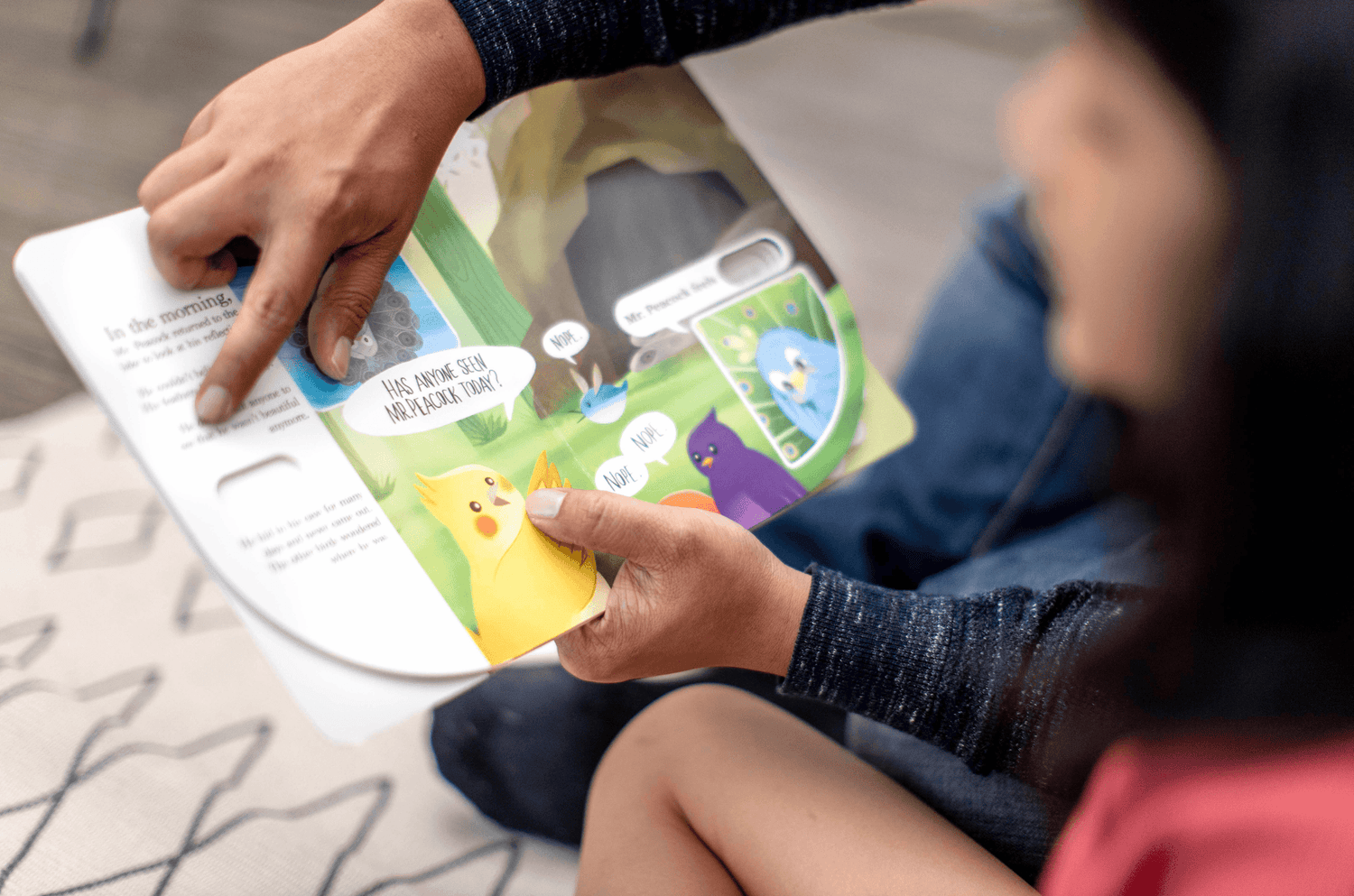By the time your child is 1, you may notice that they begin to display behavioral issues like screaming, hitting, biting, and pulling. They may begin to do these things before they can even talk, which can make it confusing for parents when it comes to discipline.
Let’s start by clarifying that discipline does not equal punishment. Numerous studies have shown that punishment can be effective at suppressing unwanted behaviors in the short run but is less effective in the long run. But how can you discipline a child that can’t even talk? The key is to begin to teach your child the difference between ‘right’ and ‘wrong’ behavior, while finding ways to discipline that they will respond to.
1. Don’t spank
Physical punishment shows your child that it’s okay to hit others. It can also be hard for a young child to understand why they are being punished, which can lead to fear, anxiety, anger, and other problems.
2. Be clear and concise
Young children will get lost in long explanations. If they hit someone, you can say ‘hitting hurts, can you see that he’s upset?’
3. Try humor
If you know your child finds something funny (i.e. making a funny face or putting a random object on your head), do it when your child is having a meltdown. The sudden funny action may confuse your child and distract them long enough to make them forget why they were crying in the first place.
4. Be consistent with routines
Try not to make exceptions since it’s hard for your child to understand why they can do something this time but not the next time. For example, if they can only watch TV on the weekends, try your best to stick to this rule.
5. Notice and encourage good behavior
Positive reinforcement is more effective in shaping behavior than punishment. Don’t just discipline when your child is acting out, praise them for good behavior too.
1 year olds are going through a tough transition as they go from being fully dependent on their caregivers to somewhat independent. They can crawl and walk to new spaces, explore using their senses, and are beginning to have big feelings but may not know how to express them. When we understand what they feel, we can also effectively deal with their behavior.



